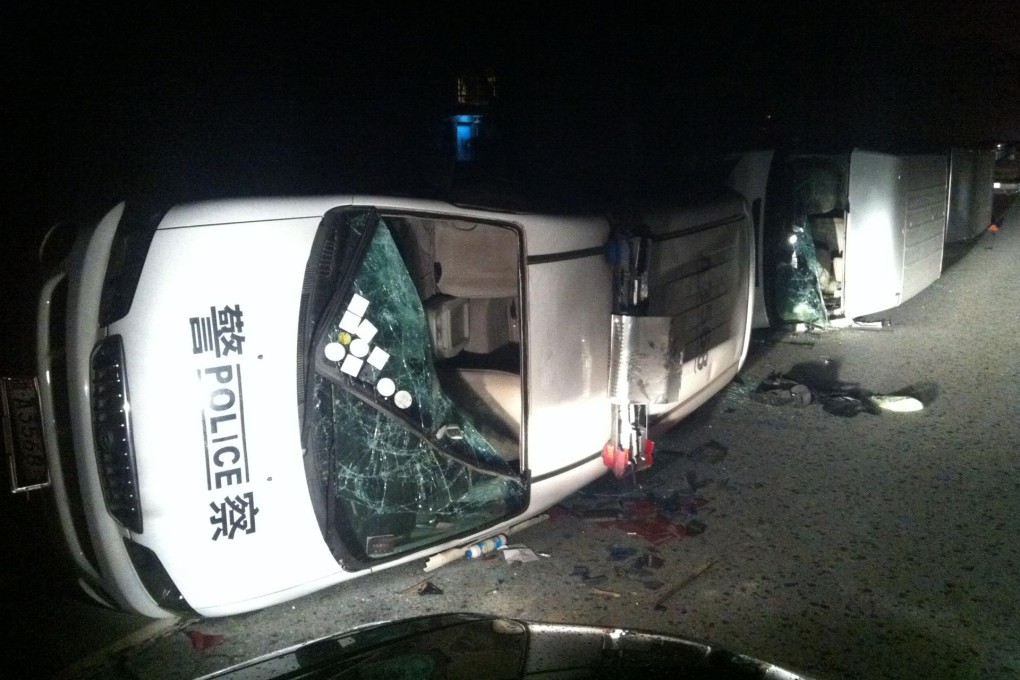Yangtze Briefing | Hangzhou riot shows once public trust is lost, it is hard to win back
Authorities' handling of opposition to a planned incinerator in Hangzhou has further eroded people's faith in government

The violent protest last week against a proposed waste treatment plant in Hangzhou was fuelled by public fears over the environment but also a deep mistrust of government.
The lack of faith cuts both ways. Government officials are frustrated, too, believing they are being blocked from launching important projects. In South Korea and Japan, they argue, such waste treatment facilities and petrochemical projects are completed with ease.
The residents of Hangzhou's Yuhang district don't see it that way. They said they learned only last month a rubbish incinerator would be built when the Zhejiang Provincial Construction Department posted the proposal on its website, ostensibly to solicit public opinion.
Two days later, a letter was drafted on behalf of hundreds of residents asking authorities to drop the plans.
Residents said they were never invited to give feedback on the proposal
People began to gather daily in front of government offices in Zhongtai, about 25 kilometres west of the city's centre, and at the site of a dilapidated mine where the incinerator was to be built.
